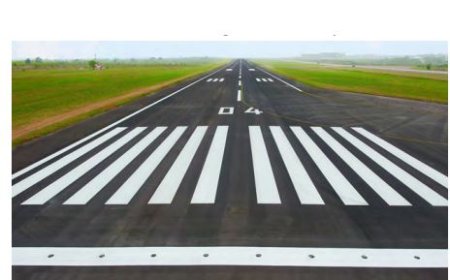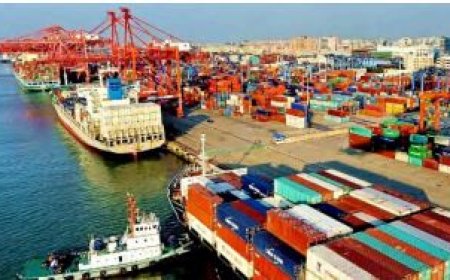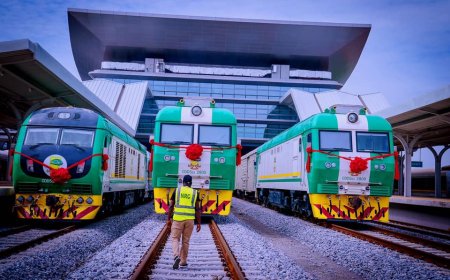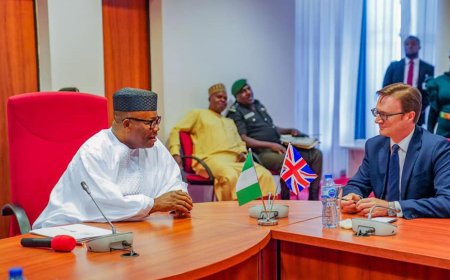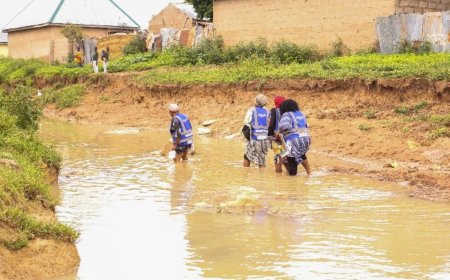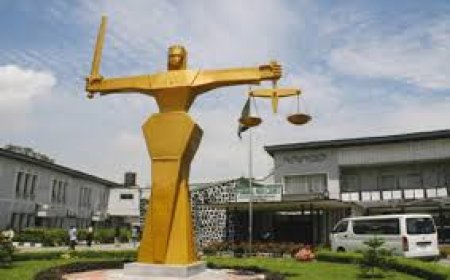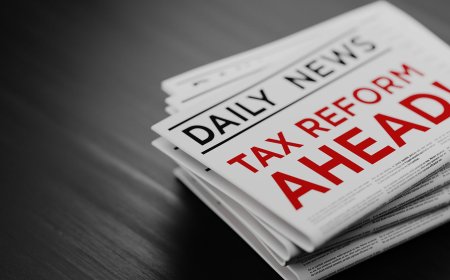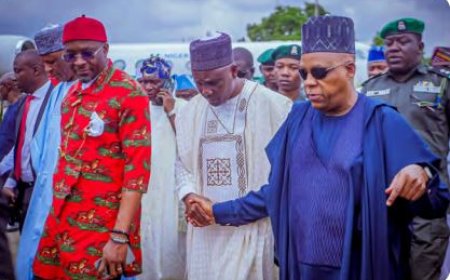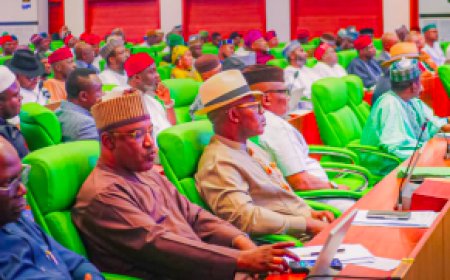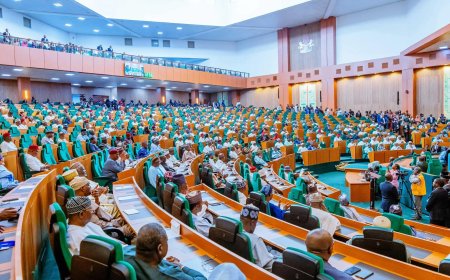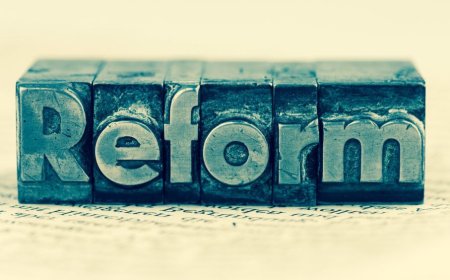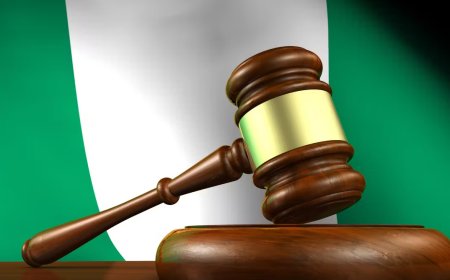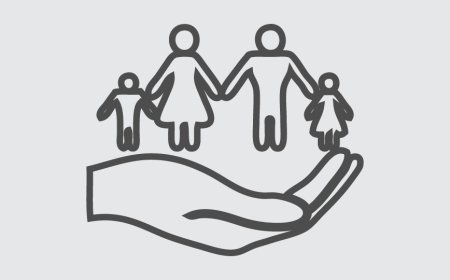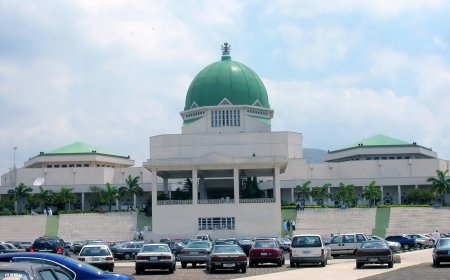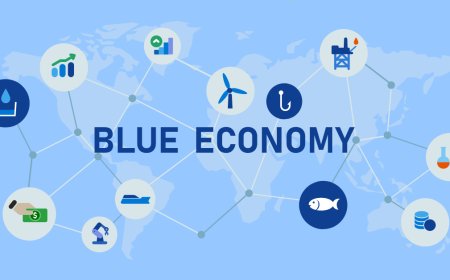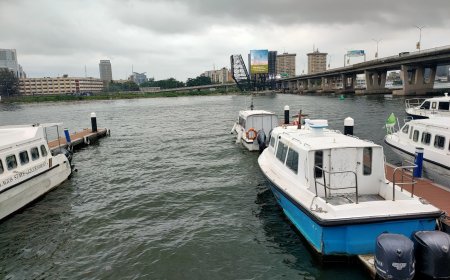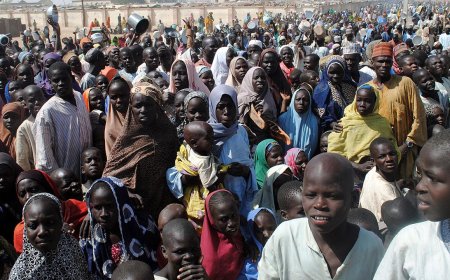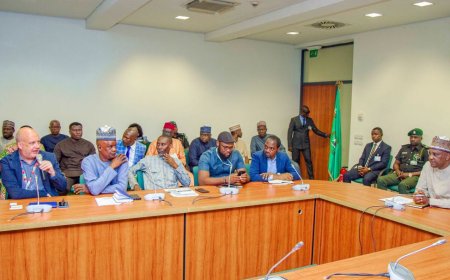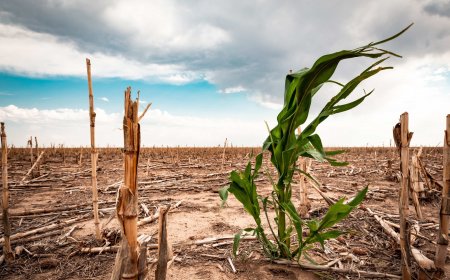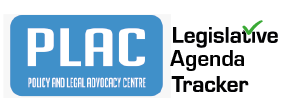INFRASTRUCTURE DEVELOPMENT - Energy and Power
As Africa’s most populous country and one of its largest economies, Nigeria has significant infrastructure gaps often cited as barriers to its economic development.Addressing these deficits requires comprehensive legislative measures and strategic investments The House will focus on addressing the deficits in energy and powers, roads and highways, rail transport, ports and aviation
Click here to track progress
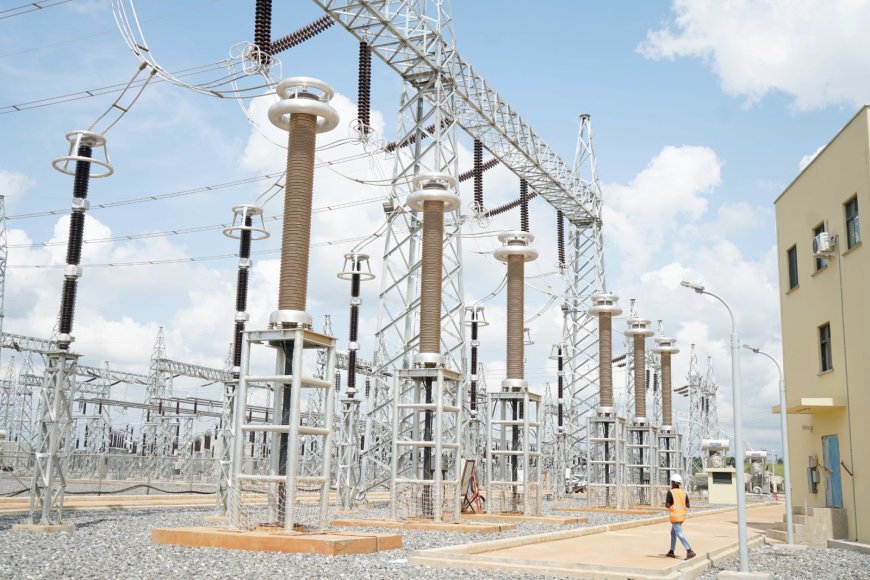
- Review and strengthen existing legal frameworks, including the Electric Power Sector Reform Act (EPSRA) and the Nigerian Electricity Regulatory Commission (NERC), to reflect current realities
- Prioritise investments in the transmission and distribution infrastructure to reduce technical and non-technical losses
- Prioritise investments in the transmission and distribution infrastructure to reduce technical and non-technical losses
- Decentralise energy production by promoting off-grid solutions, especially in rural areas where grid connectivity is challenging
- Support the implementation of tariffs that reflect the true cost of electricity generation and distribution
- Strengthen legislation to Increase penalties for energy theft, meter tampering, and vandalism of energy infrastructure
- Adopt legislative measures to promote renewable energy through tax incentives, grants, etc , for investments in renewable energy sources such as solar, wind and hydro
- Mandate regular and transparent audits of all entities in the energy sector to curb corruption
- Implement stricter penalties for oil companies that flare gas, a
- practice that is not only environmentally harmful but also wasteful as the gas could be harnessed for power generation
